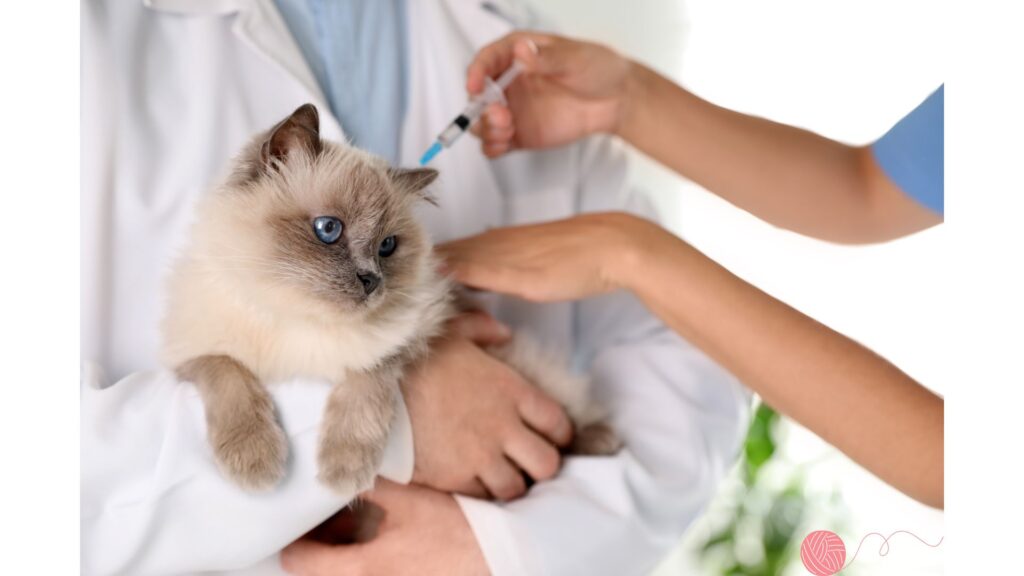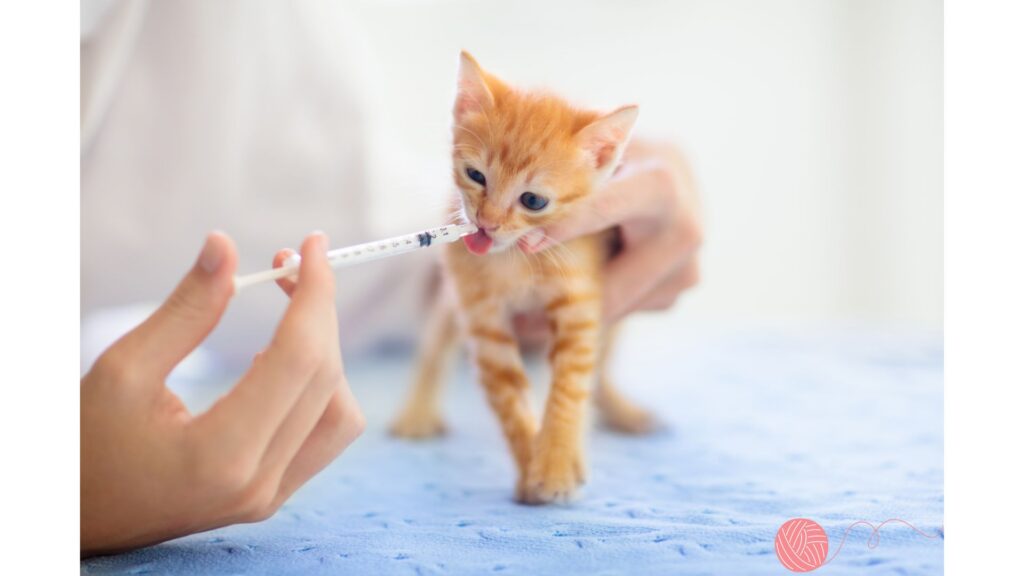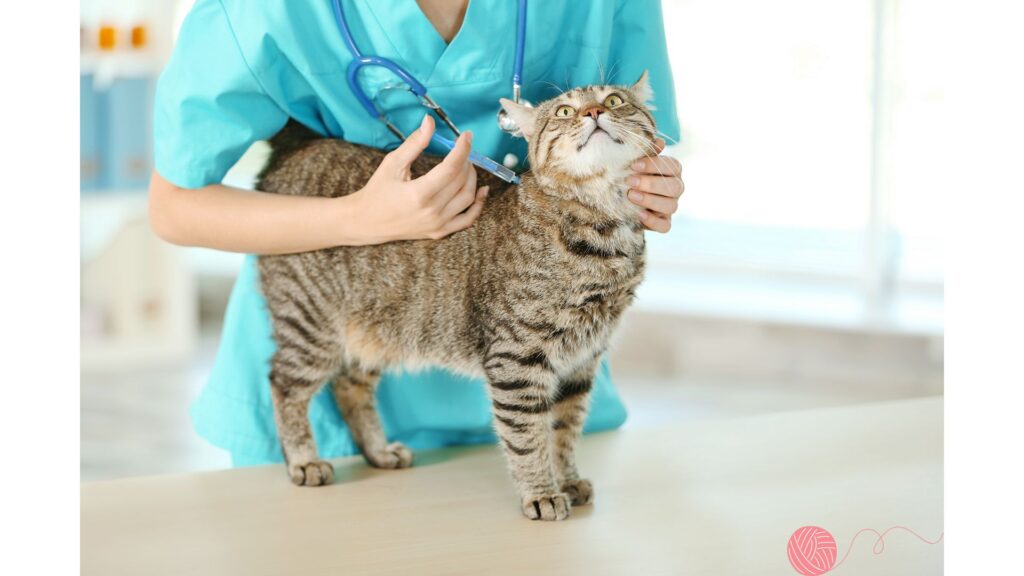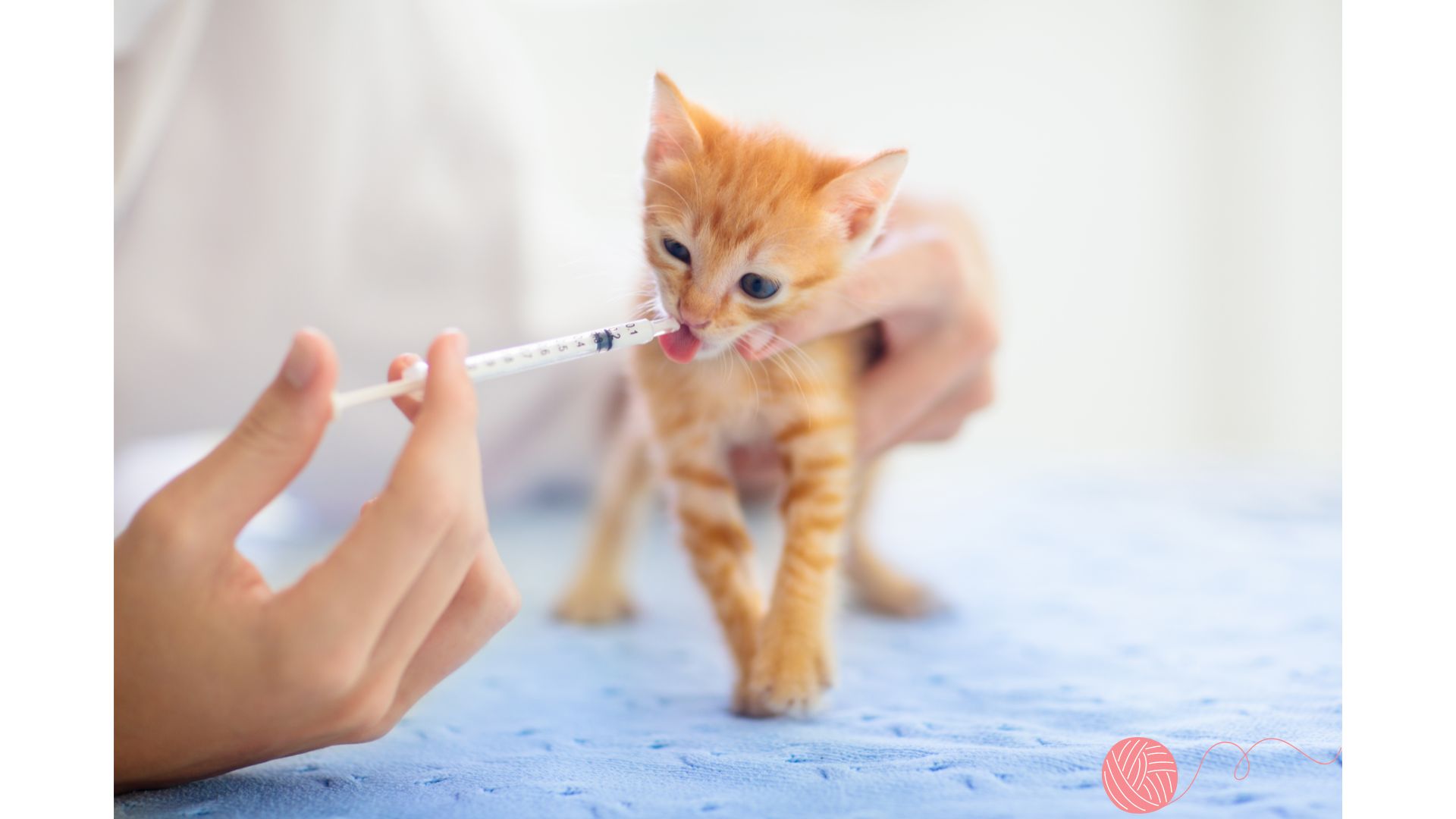
Vaccinations are a crucial part of preventive healthcare for cats, protecting them from various infectious diseases. Some of these diseases can be severe or even fatal, while others have the potential to spread to humans. In this post, we will explore the importance of vaccinating your cat, the types of vaccines available, and answer some common questions about cat vaccinations.
The Importance of Cat Vaccines
They Protect Against Serious Diseases
Vaccines protect cats against diseases such as rabies, feline leukemia virus (FeLV), feline immunodeficiency virus (FIV), and feline infectious peritonitis (FIP), among others. By vaccinating your cat, you help ensure their longer, healthier life.
Promotes Public Health
Some cat diseases, such as rabies, are zoonotic, meaning they can be transmitted from animals to humans. By vaccinating cats against these diseases, we can protect public health alongside pet health.
Saves on Future Healthcare Costs
Preventative care, including vaccinations, is generally much less costly than the treatment for the diseases they prevent. Regular vaccinations can save you significant amounts of money in the long run by avoiding costly treatments for preventable diseases.
Types of Vaccines for Cats
Cats receive two types of vaccines: core vaccines and non-core vaccines.
Core Vaccines are recommended for all cats, regardless of lifestyle or geographic location. They protect against diseases like rabies, feline distemper (panleukopenomics), feline calicivirus, and feline herpesvirus type I.
Non-Core Vaccines are administered depending on a cat’s lifestyle and the specific risks they face. These can include vaccines for feline leukemia virus, Bordetella, Chlamydophila felis, and feline immunodeficiency virus.
It’s important to discuss your cat’s lifestyle with your veterinarian, who can provide a recommended vaccination schedule tailored to your cat’s individual needs.

Common Questions About Cat Vaccinations
Are cat vaccines safe?
Yes, vaccines are very safe. The majority of cats experience no adverse effects. When side effects do occur, they are typically minor and short-lived. However, severe reactions can occur but are extremely rare.
How often should my cat be vaccinated?
The frequency of vaccinations can depend on several factors, including the type of vaccine, your cat’s age, medical history, lifestyle, and the laws that apply in your jurisdiction. Generally, kittens require a series mini vaccinations while growing up with periodic boosters during adulthood. Your vet will make specific recommendations based on your cat’s particular needs.
Can indoor cats skip vaccinations?
Even indoor cats should be vaccinated, as they can still be exposed to viruses or bacteria through any humans or objects that come into the house, or if they ever accidentally escape outdoors.
A Vital Part of Feline Care
Vaccinating your cat is a straightforward yet crucial part of their healthcare that should not be overlooked. By keeping up with your cat’s vaccinations, you’re not only enhancing their quality of life but also contributing to the wider public health. Schedule an appointment with your veterinarian today to ensure that your feline friend is protected.






